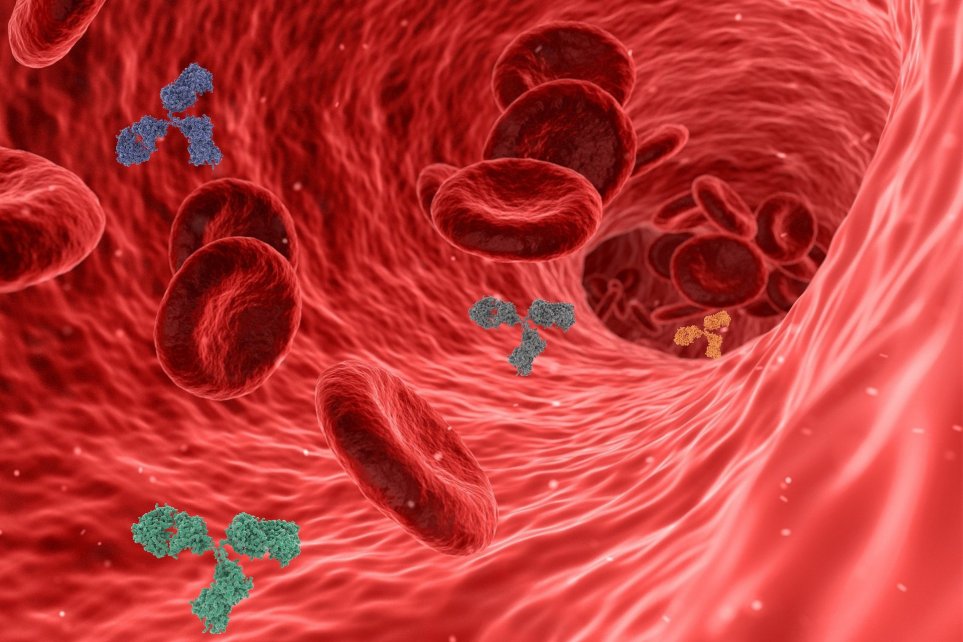Why innate immunity is our best defense against COVID-19
Coronavirus disease (COVID-19) is a transmittable infection caused by severe acute respiratory syndrome coronavirus 2 (SARS‐CoV‐2). Deemed highly contagious, the virus is known to spread via droplets released by an infected person. Once inhaled, our first line of defense against the virus is the innate immune response—a system that is intimately linked to epigenetics.
The immune system can be divided into two parts: The innate immune system is our first line of defense against invading pathogens, and the adaptive immune system, which takes longer to respond to an initial infection but provides lasting immunity against subsequent exposures. Adaptive immunity can be further divided to include a branch called trained immunity, a non-specific immunological memory that provides protection against future infections. Trained immunity and adaptive immunity have similar epigenetic characteristics, except that trained immunity provides stronger protection against a broad range of pathogens, improving the host’s defence mechanism upon reinfection, while adaptive immunity provides pathogen-specific protection.
Trained immunity differs among individuals depending on the person’s unique epigenetic and metabolic reprogramming of the innate immune cells, previous exposure to external stimuli and underlying health condition. For example, vaccination with Bacillus Calmette–Guerin (BCG), the vaccine for tuberculosis, appears to add to our trained immunity and may reduce the severity of COVID-19.
At the histone modification level, monocytes exposed to BCG were found to have enrichment of the epigenetic activating mark H3K4me3 at the promoters of inflammatory cytokine genes, suggesting that the cells were primed to respond to infection. The underlying mechanism for enhanced protection against SARS-CoV-2 following BCG vaccination is hypothesized to be that the vaccine modulates the hematopoietic stem cells, bone-marrow residing cells that give rise to immune cells, at different levels of chromatin organization, eventually altering the expression of host-defense genes. While this has been shown to reduce the severity of symptoms and increase the COVID-19 patient survival rates, the BCG vaccine has not been recommended as a treatment for COVID-19.
Research has shown that epigenetics plays an important role in the immune response and memory to viruses, including SARS-CoV-2, and continued research may aid in the optimization of COVID-19 vaccination and treatment strategies.

